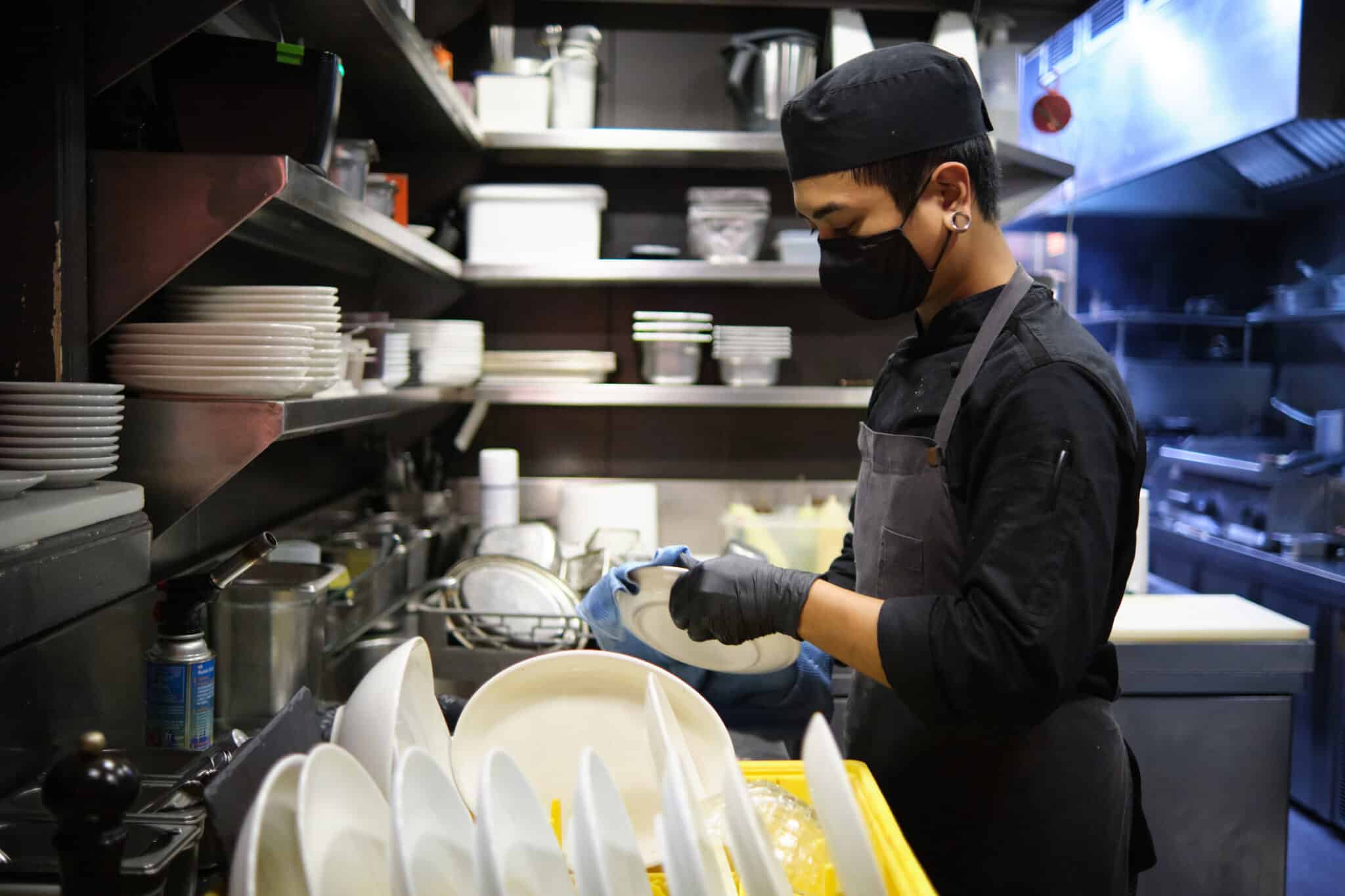Harboring: Risks of Employer-Provided Housing in the Restaurant Industry
By, Becki Young, Counsel

A federal jury in Brownsville, Texas, delivered a significant verdict on August 13, 2025, finding the owners of Abby’s Bakery guilty on multiple counts, including conspiracy to transport and harbor undocumented workers and harboring aliens for commercial benefit. The three‑day trial revealed that eight employees – six on visitor visas without work authorization and two undocumented – were housed in cramped, unsafe conditions adjacent to the bakery, which prosecutors say constituted harboring for profit. Facing up to 10 years in prison and $250,000 in penalties, sentencing is scheduled for November. This rare criminal prosecution of business owners underscores the heightened enforcement environment surrounding employer‑provided housing in the restaurant industry today.
1. Criminal Liability: Harboring Undocumented Workers
Providing housing to undocumented employees can trigger criminal charges under federal law, not just civil penalties. If an employer knowingly provides shelter that facilitates an undocumented worker’s illegal presence in the U.S., it may constitute “harboring.” Courts define that broadly as any conduct that substantially facilitates someone’s remaining in the U.S. illegally, even without intentions to conceal them from authorities.
2. Escalating Enforcement and Precedent
Enforcement actions targeting restaurant employers have increased over recent years. For instance, in February a Jacksonville Florida restaurateur pleaded guilty after providing rent‑free housing, transportation, and meals to undocumented staff-actions deemed harboring for commercial gain. Similarly, in 2022 a Tennessee buffet owner was sentenced to federal prison after harboring undocumented workers in his residence and employing other illegal practices. An earlier Maryland case further illustrates this trend: in 2010, the owner of Timbuktu and By the Docks restaurants pleaded guilty to harboring at least 24 unauthorized workers, providing housing nearby, deducting rent from overtime pay, paying in cash, and ultimately forfeiting nearly $750,000 in earnings. These cases, along with the recent Abby’s Bakery conviction, demonstrate that housing-even without concealment-can still attract criminal liability.
3. Substantial Penalties and Collateral Consequences
Consequences extend beyond criminal prosecution. Harboring charges may carry prison sentences-sometimes up to 10 years, as the Abby’s Bakery verdict confirms. Financial repercussions include hefty fines in the hundreds of thousands and possible asset forfeiture. Employers further risk reputational damage and loss of business operations. These are tremendous burdens for restaurants grappling with compliance complexities.
4. Legal Ambiguities and the Importance of Intent
While courts have varied in applying the law, many rulings confirm that providing simple shelter, with knowledge of undocumented status, may suffice for harboring, even absent intent to obstruct detection. Given such ambiguity, employers must assume that housing undocumented staff – even if not hidden from authorities – can trigger severe legal exposure.
5. Best Practices: Compliance Is Non-Negotiable
Given the heightened scrutiny and evolving enforcement posture-including the high-profile conviction in the Abby’s Bakery case, restaurants must adopt rigorous compliance strategies. These include:
- Strictly avoid providing housing or transportation to undocumented workers.
- Implement full I-9 compliance and consider E-Verify where available.
- Train managers to avoid any actions that might be construed as harboring, such as offering shelter, transport, or payroll practices that obscure employment status.
- Use clear, documented payroll systems and avoid off-the-books cash payments.
- Regularly audit workforce eligibility and consult legal counsel proactively for immigration-related best practices.
In Summary
Employer-provided housing in the restaurant industry is a high-risk practice when undocumented workers are involved. The Abby’s Bakery conviction represents a clear signal from federal authorities: criminal liability – including jail time and heavy fines – awaits those who cross this line. In the current enforcement climate, courts are prepared to pursue charges when housing is involved. The safest path is full compliance: no shelter, clear eligibility verification, and avoiding any behavior that even appears to facilitate illegal presence.


